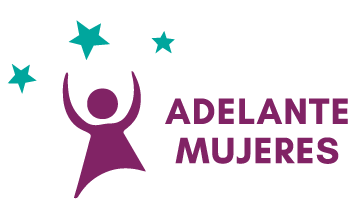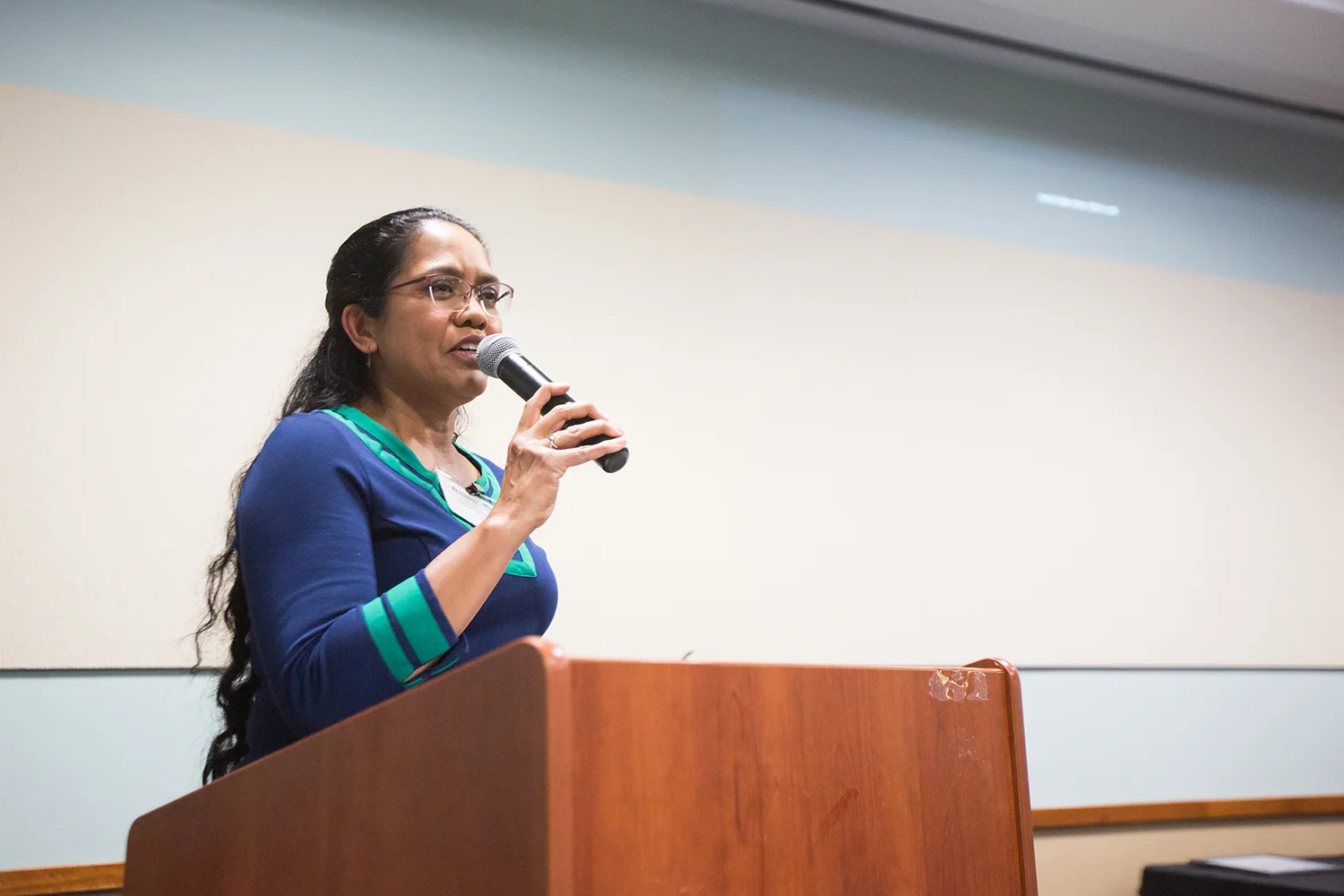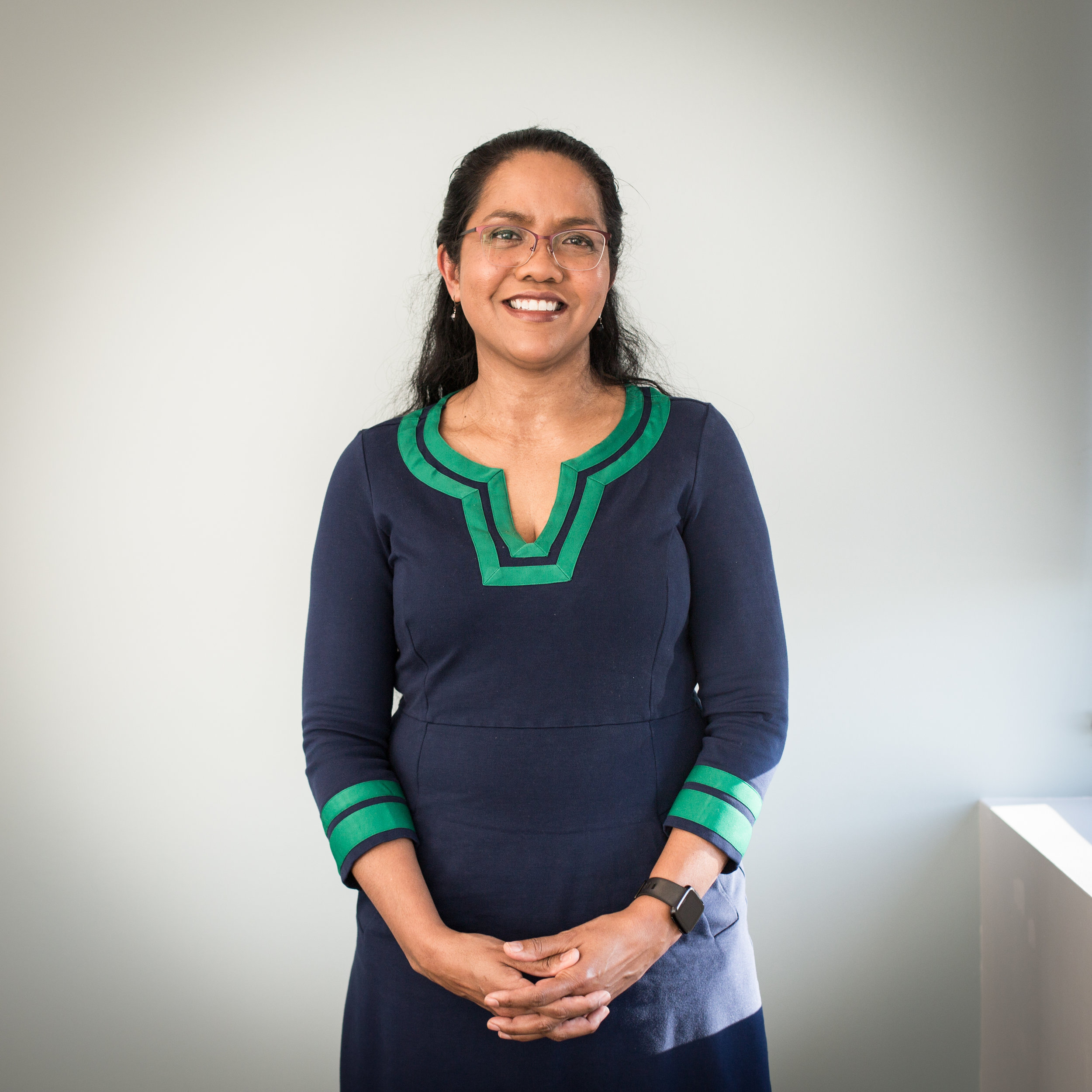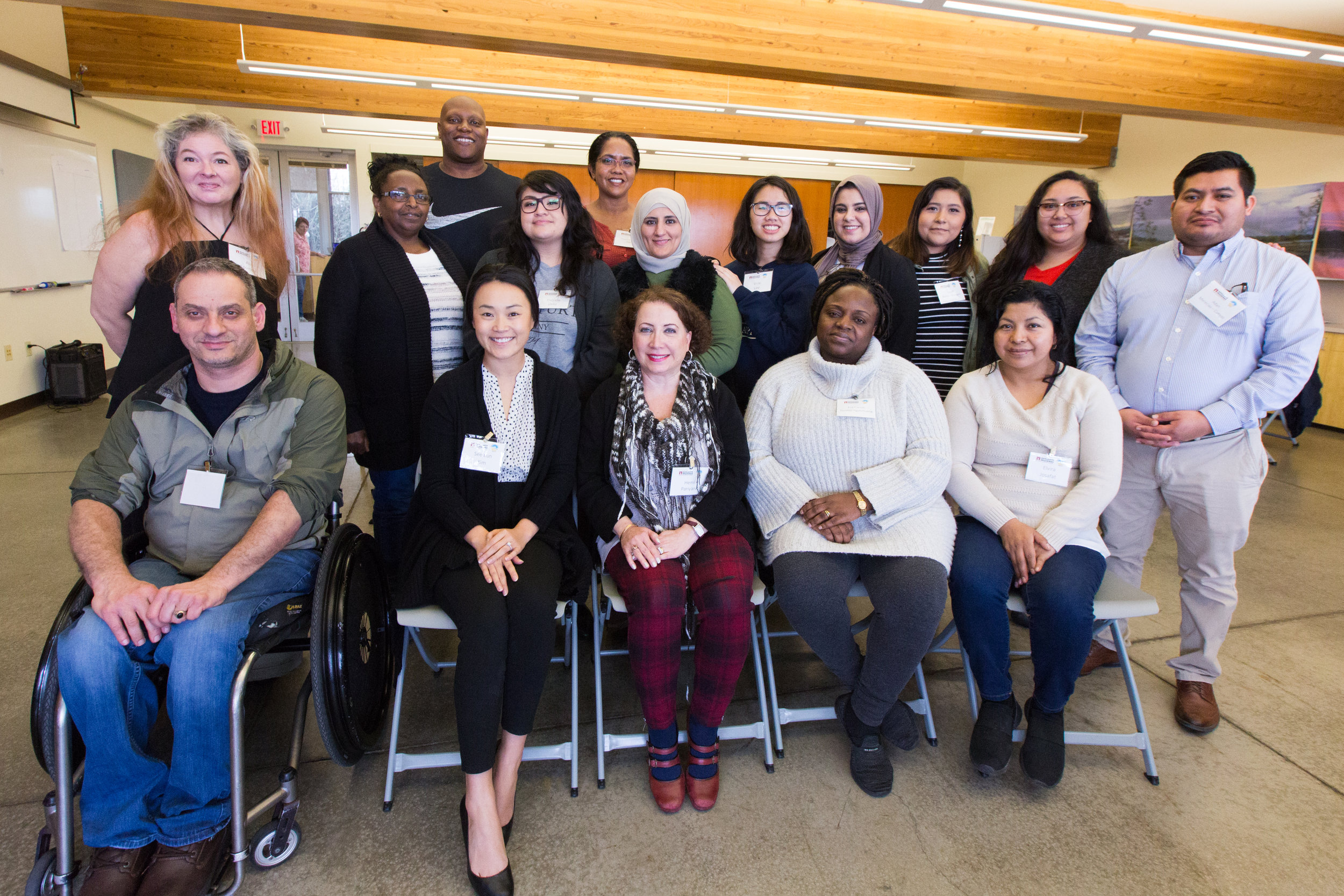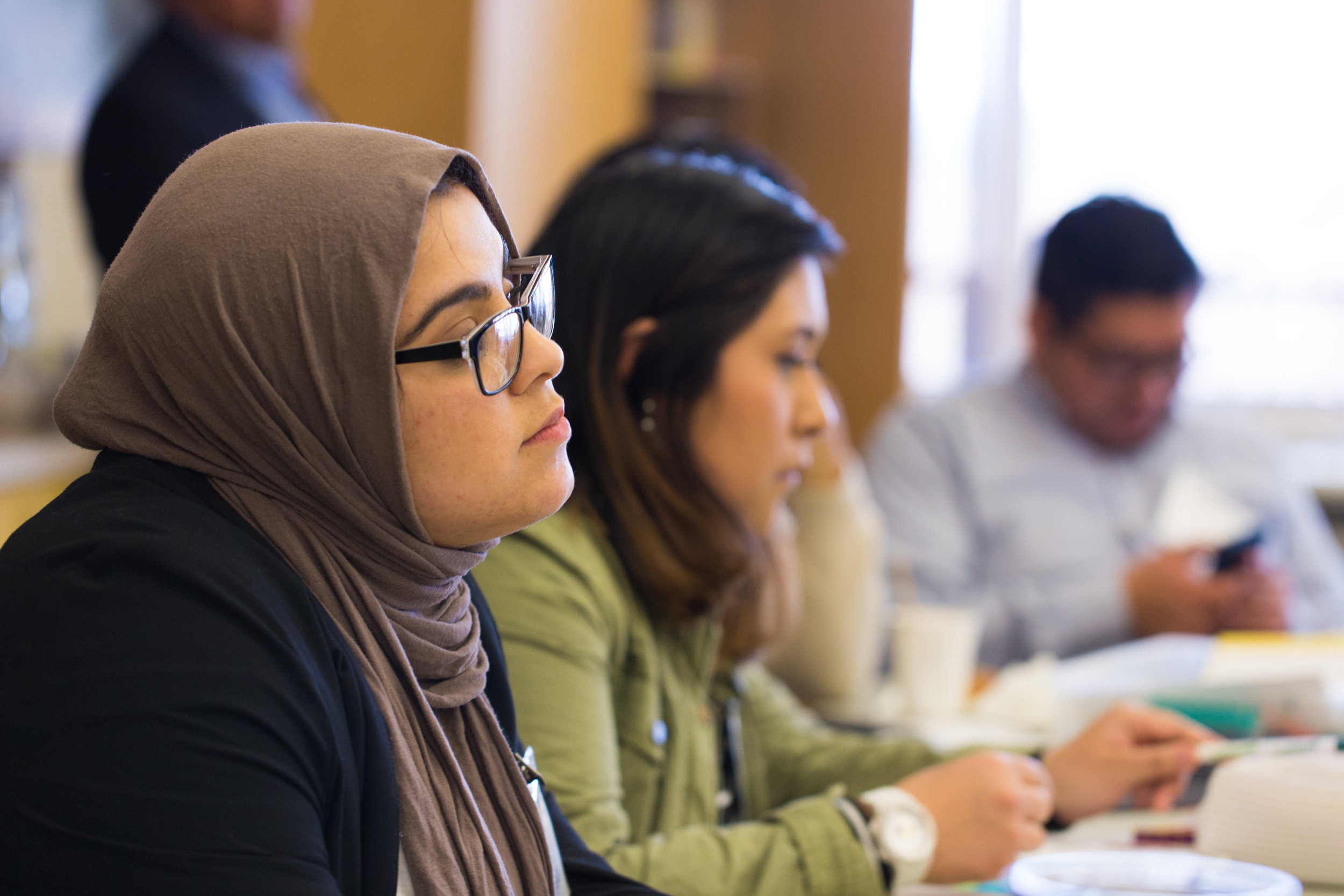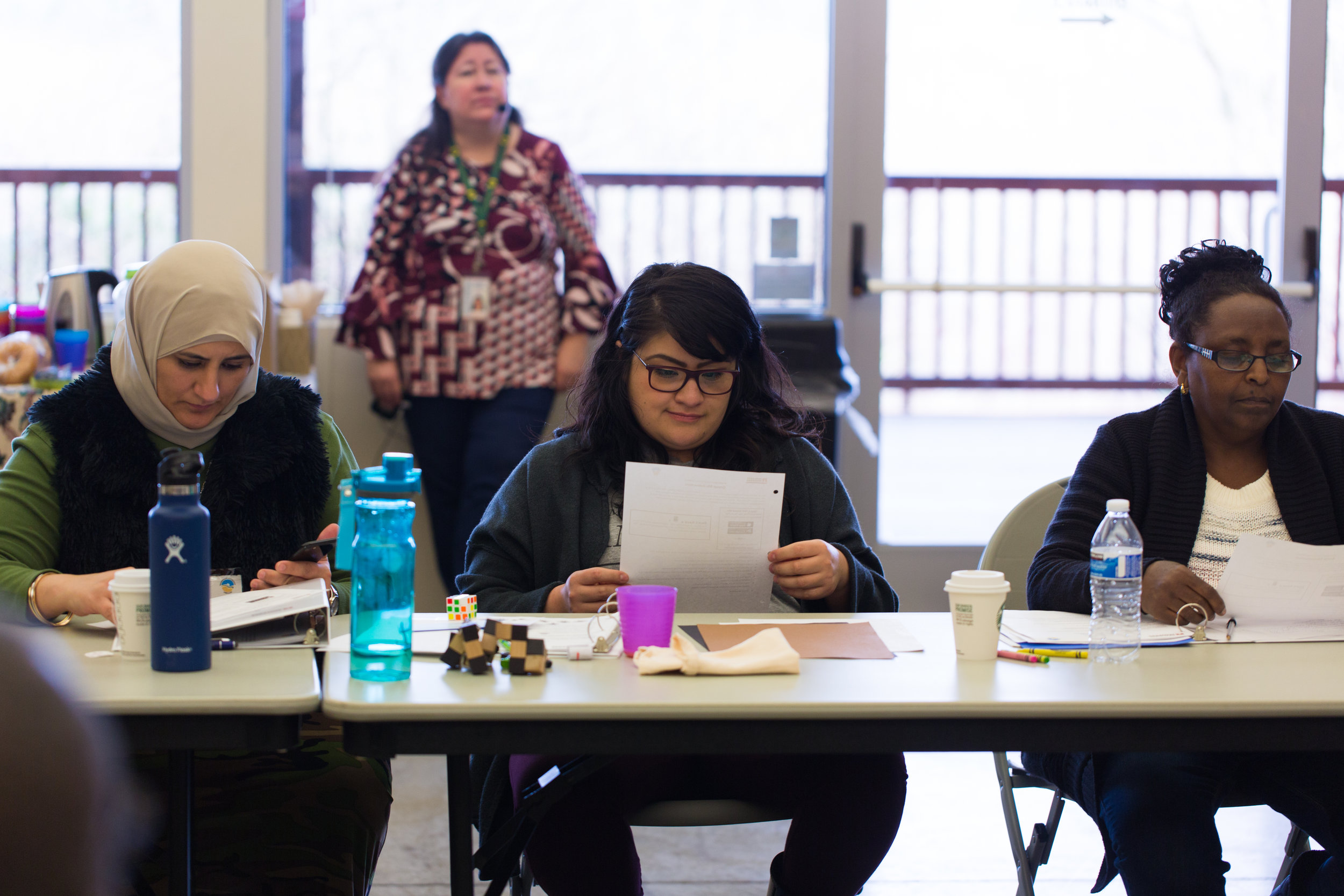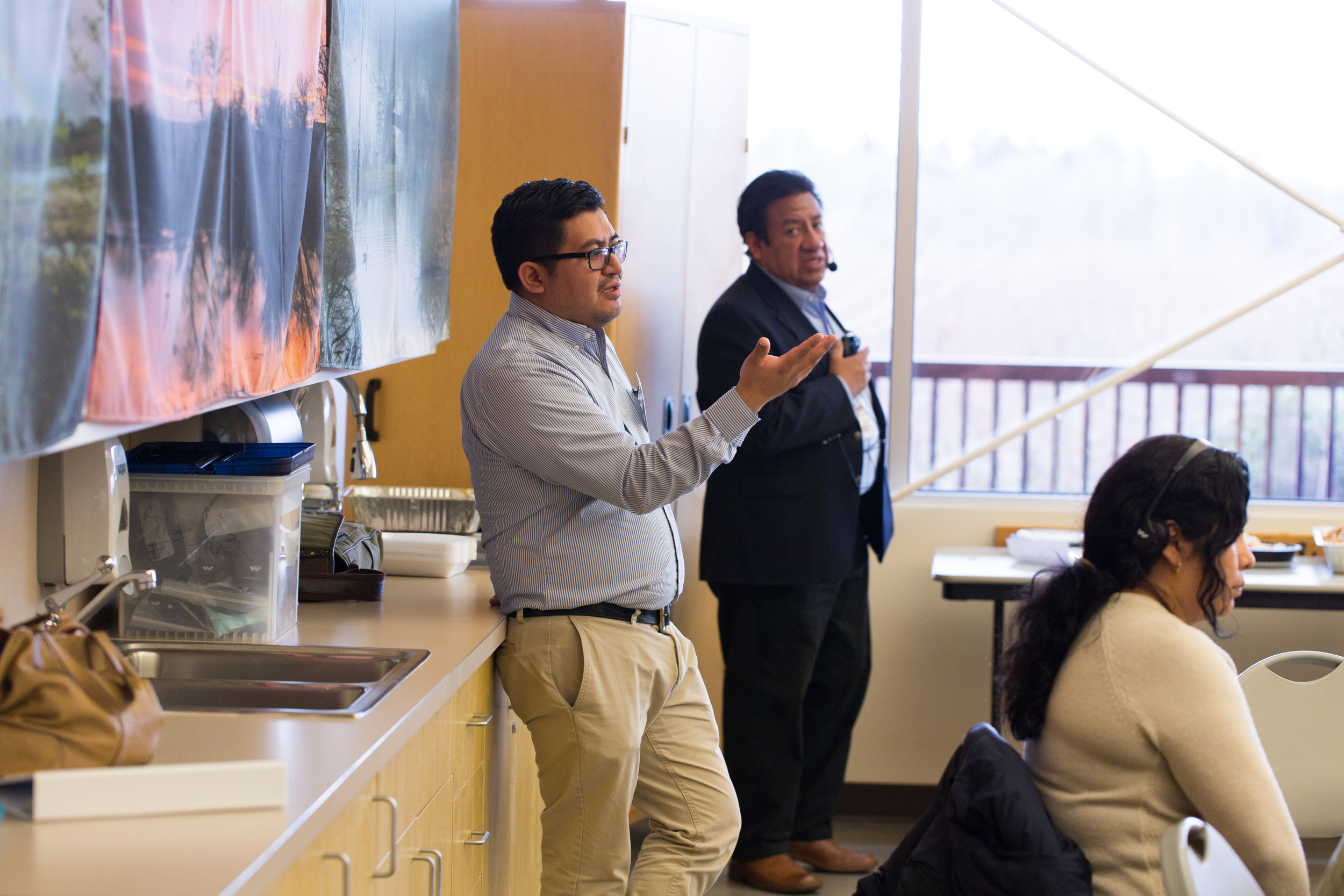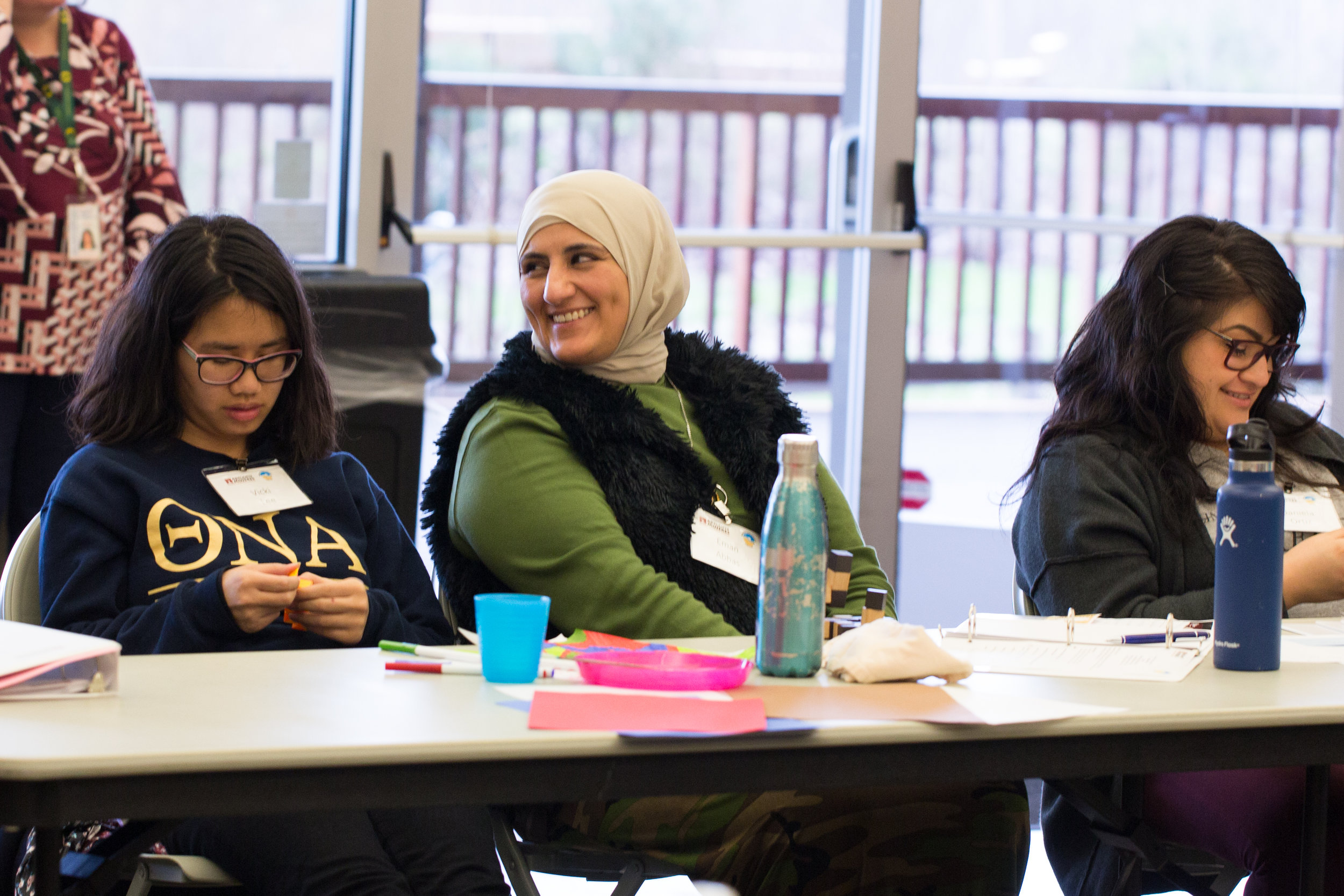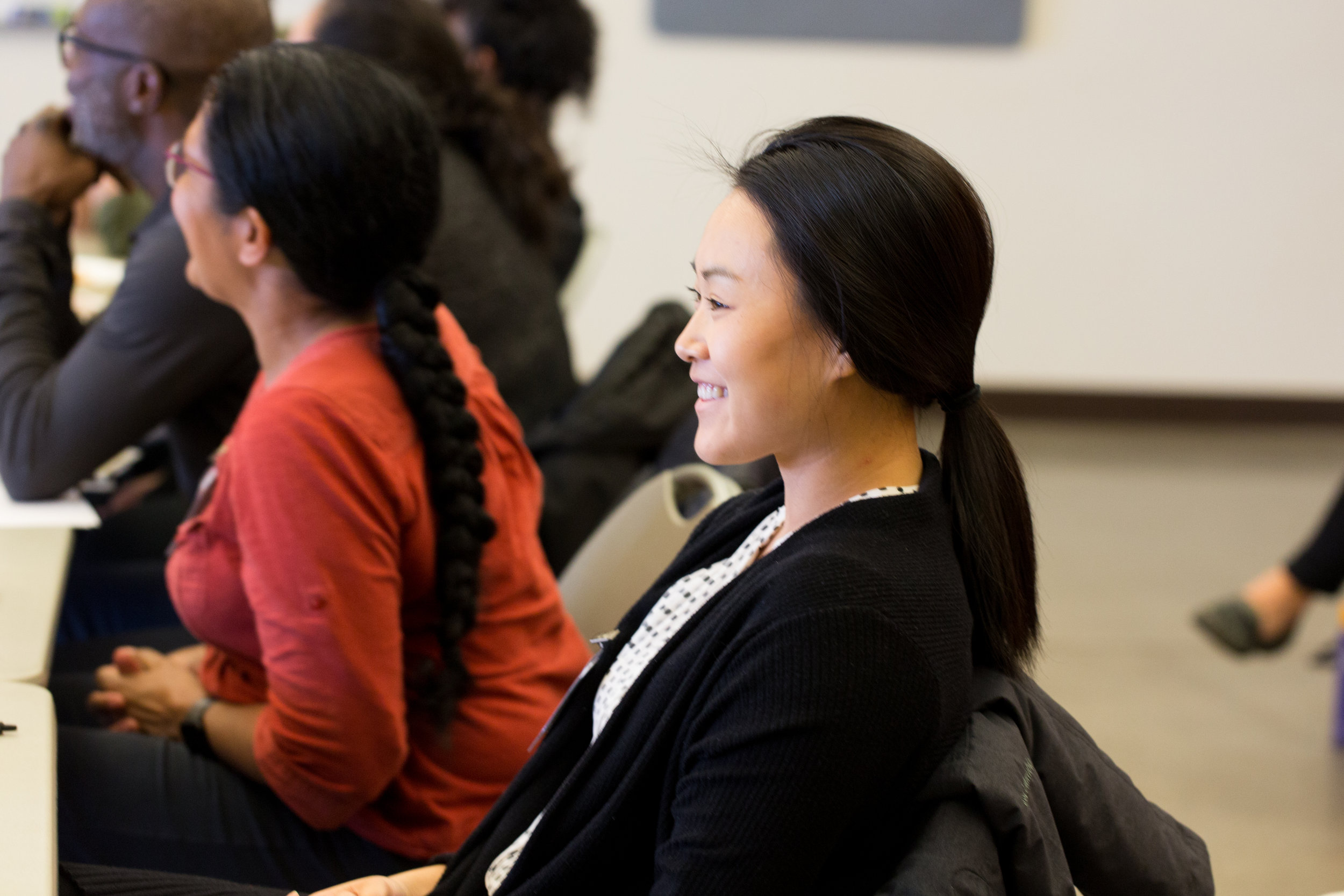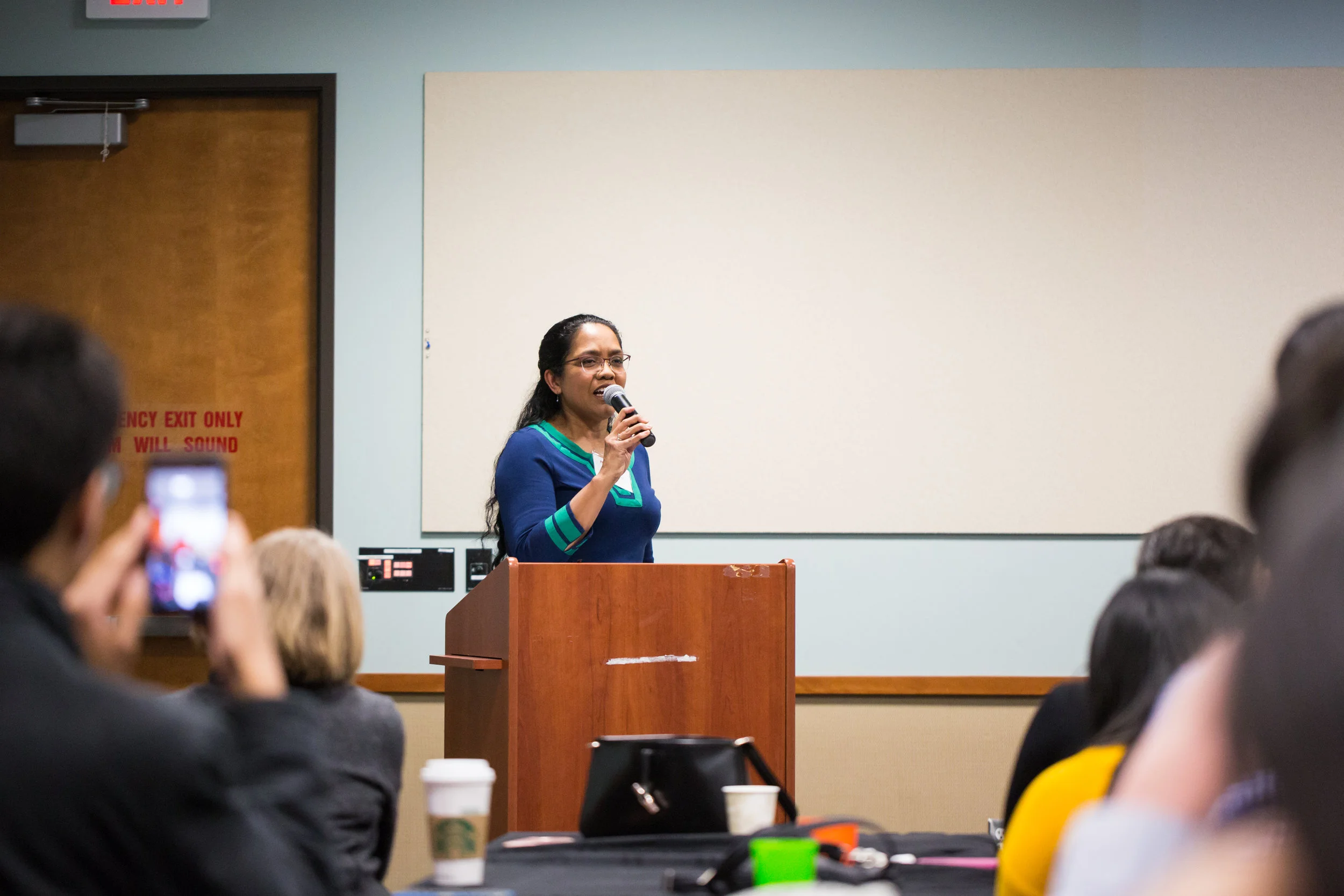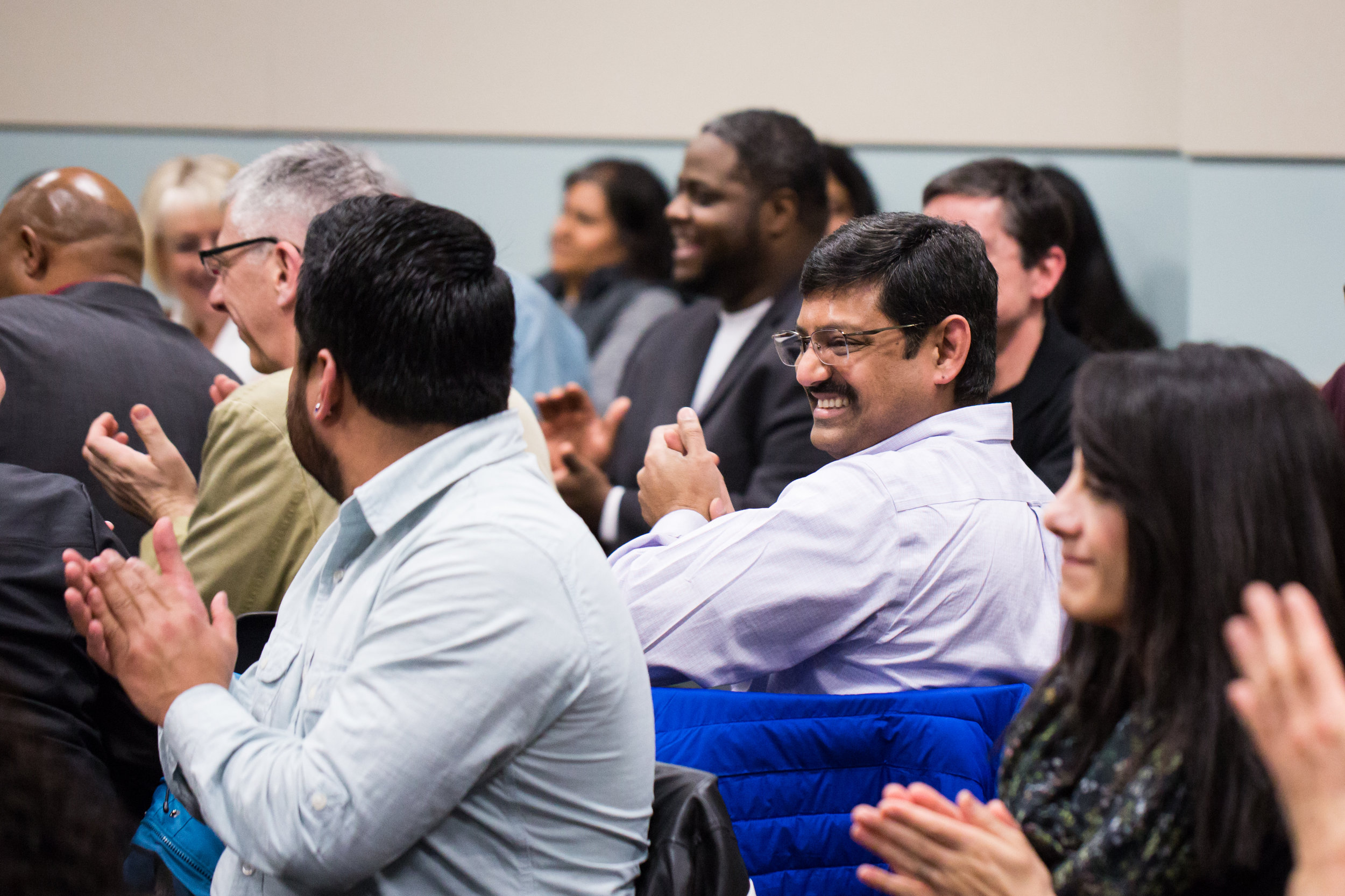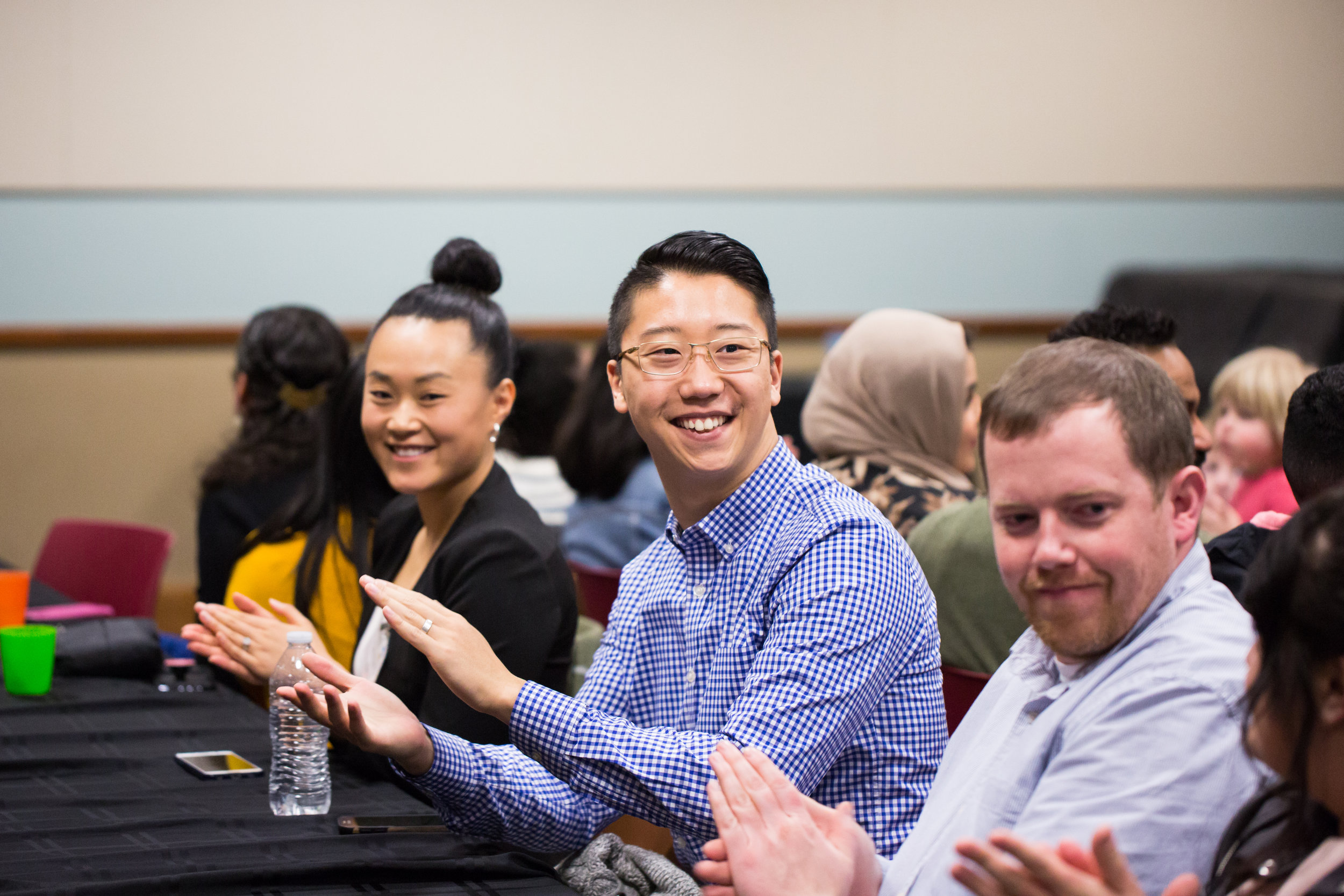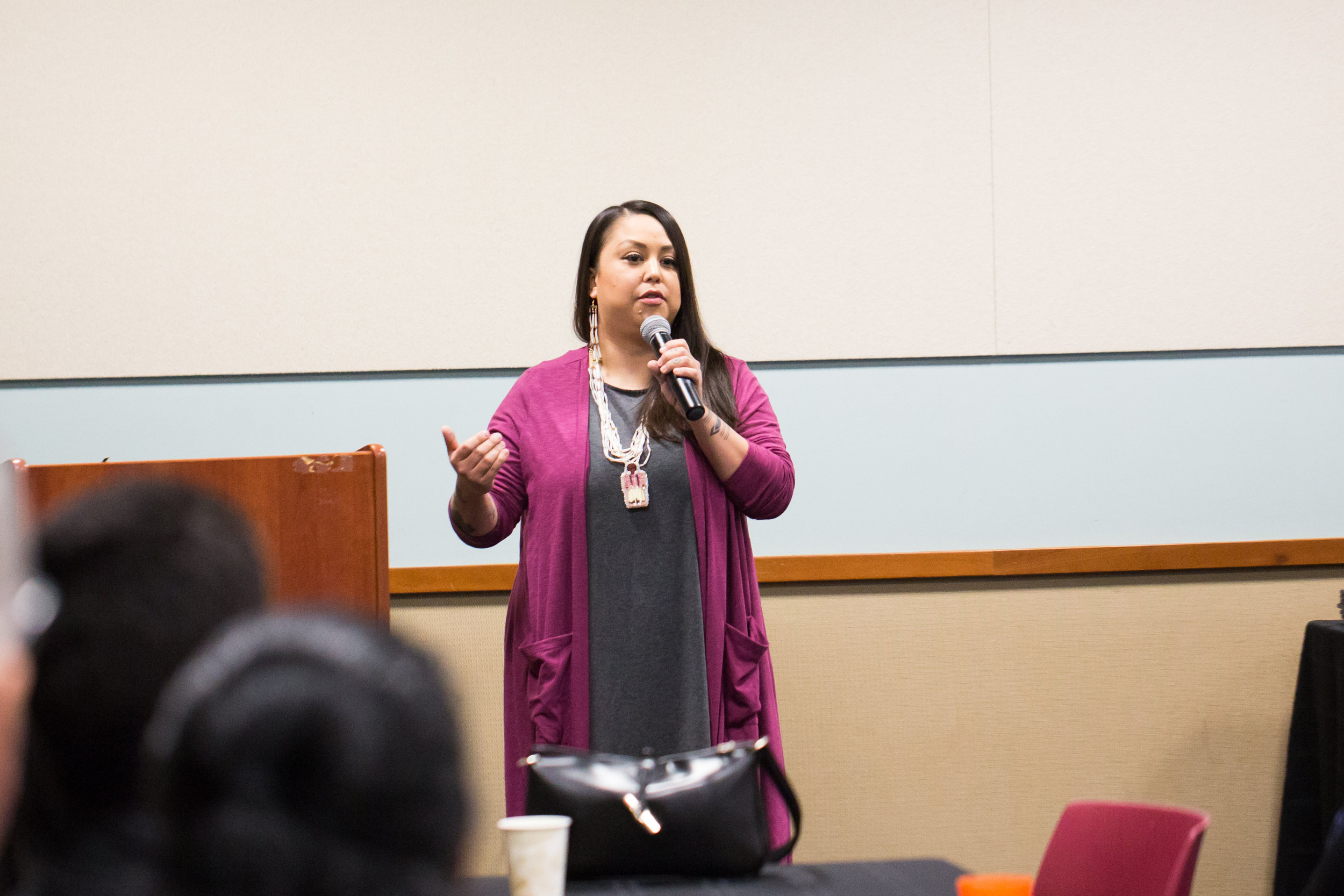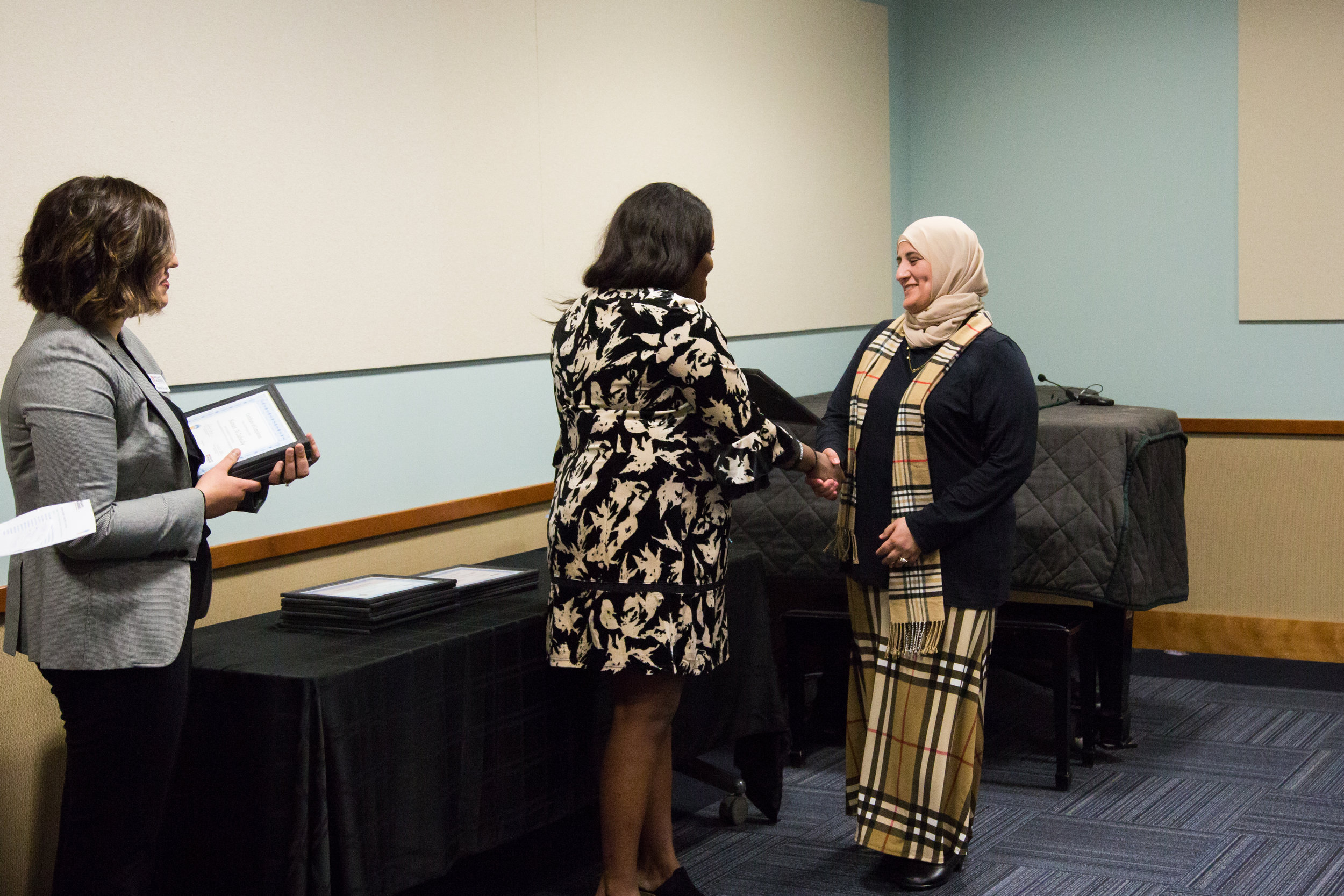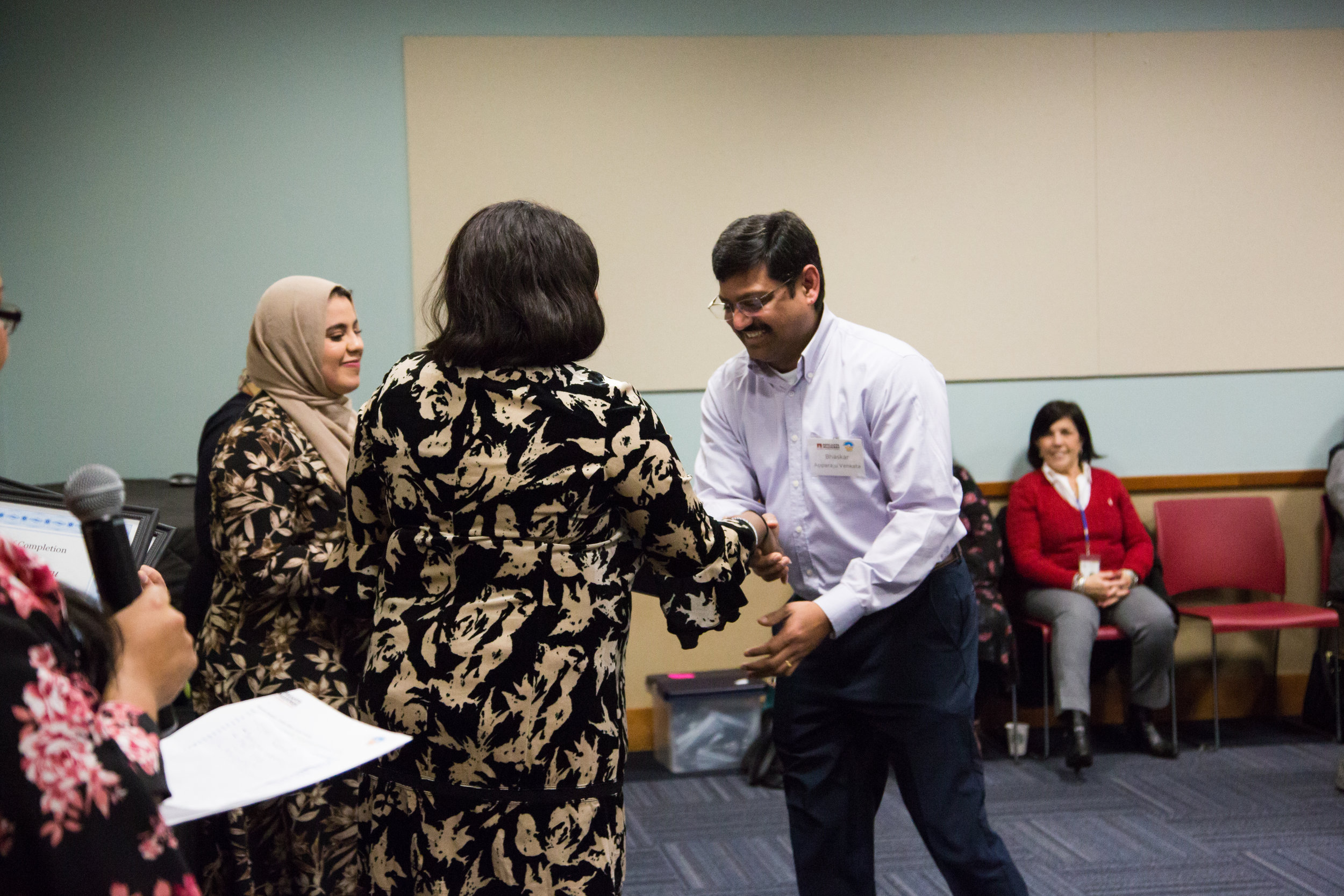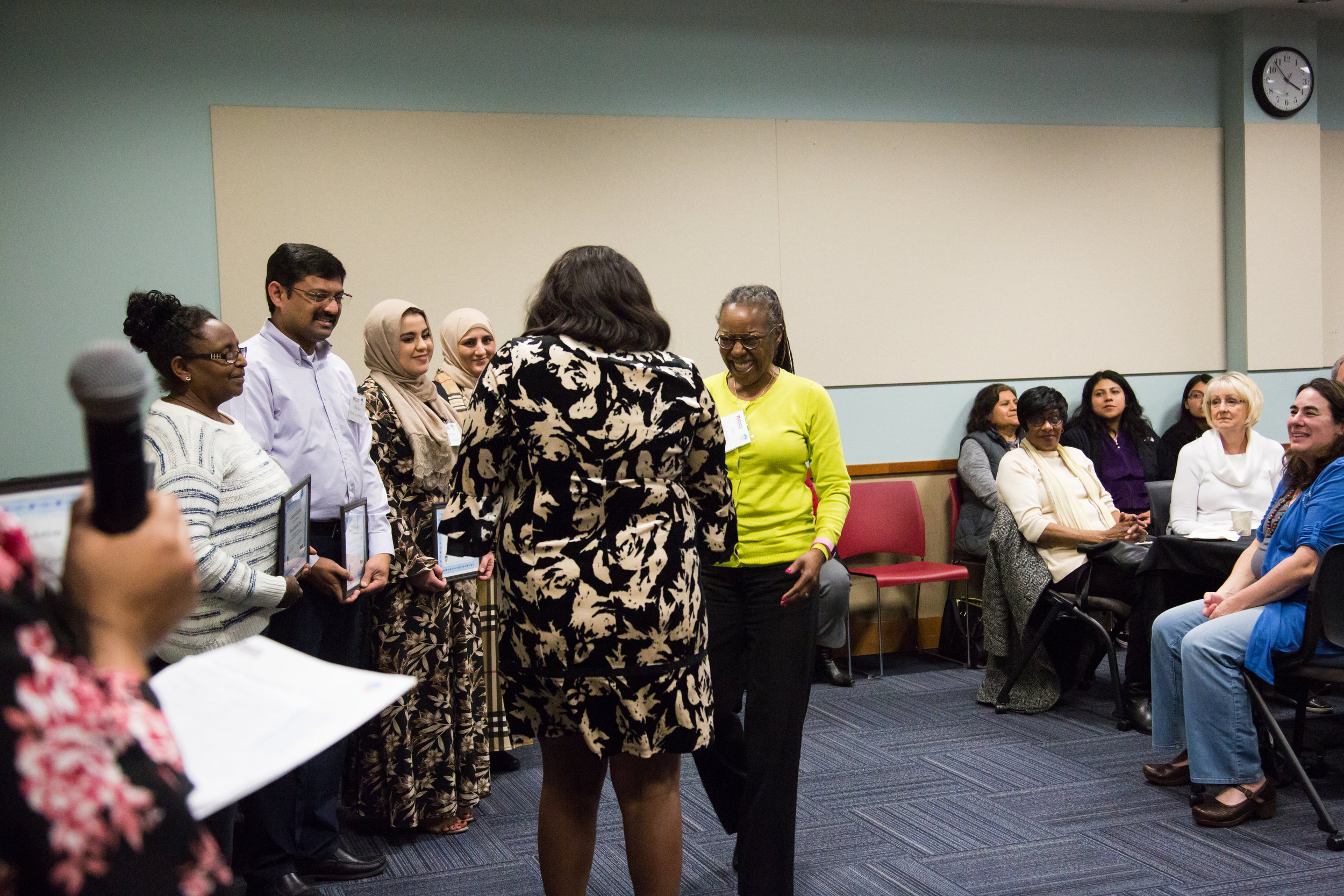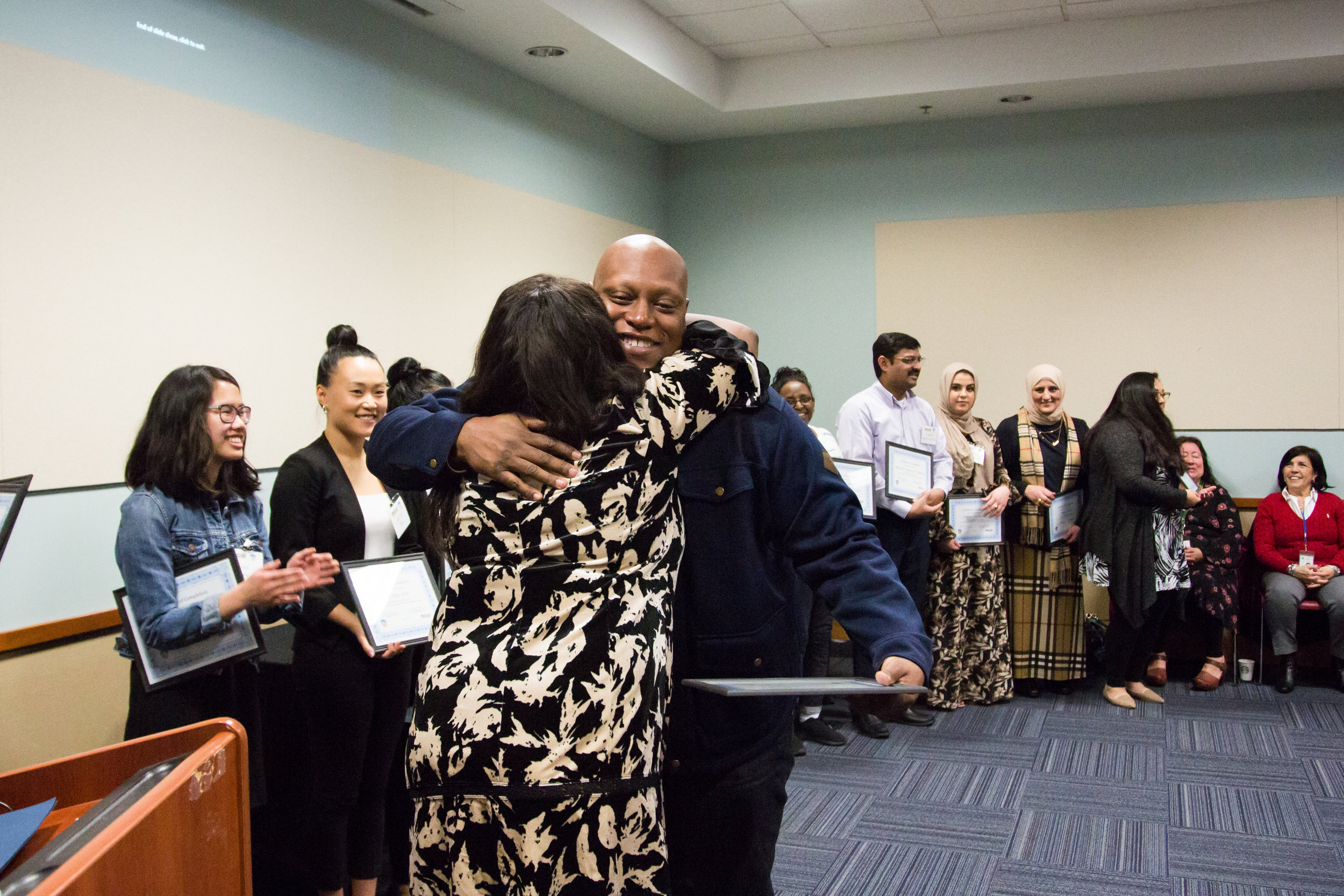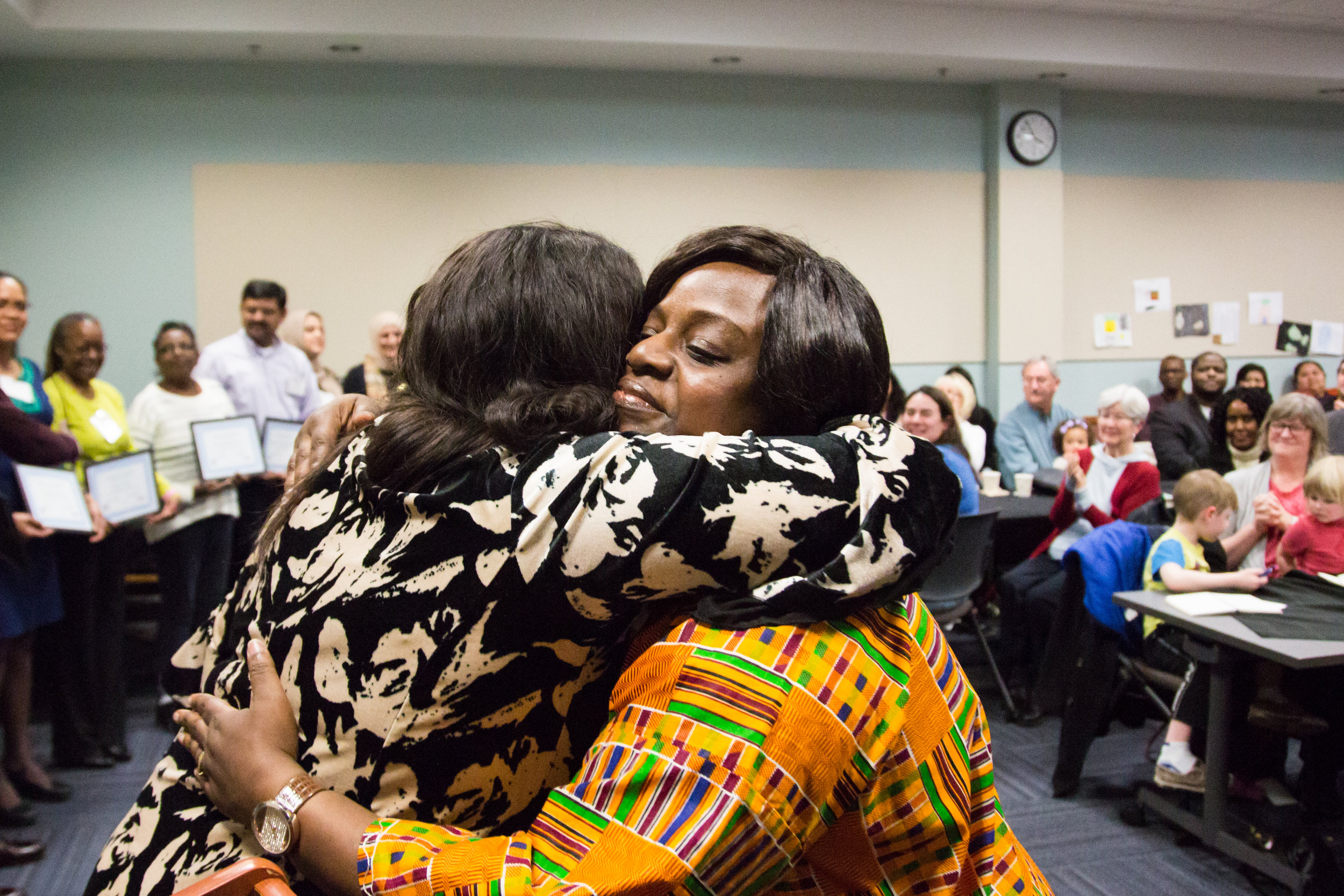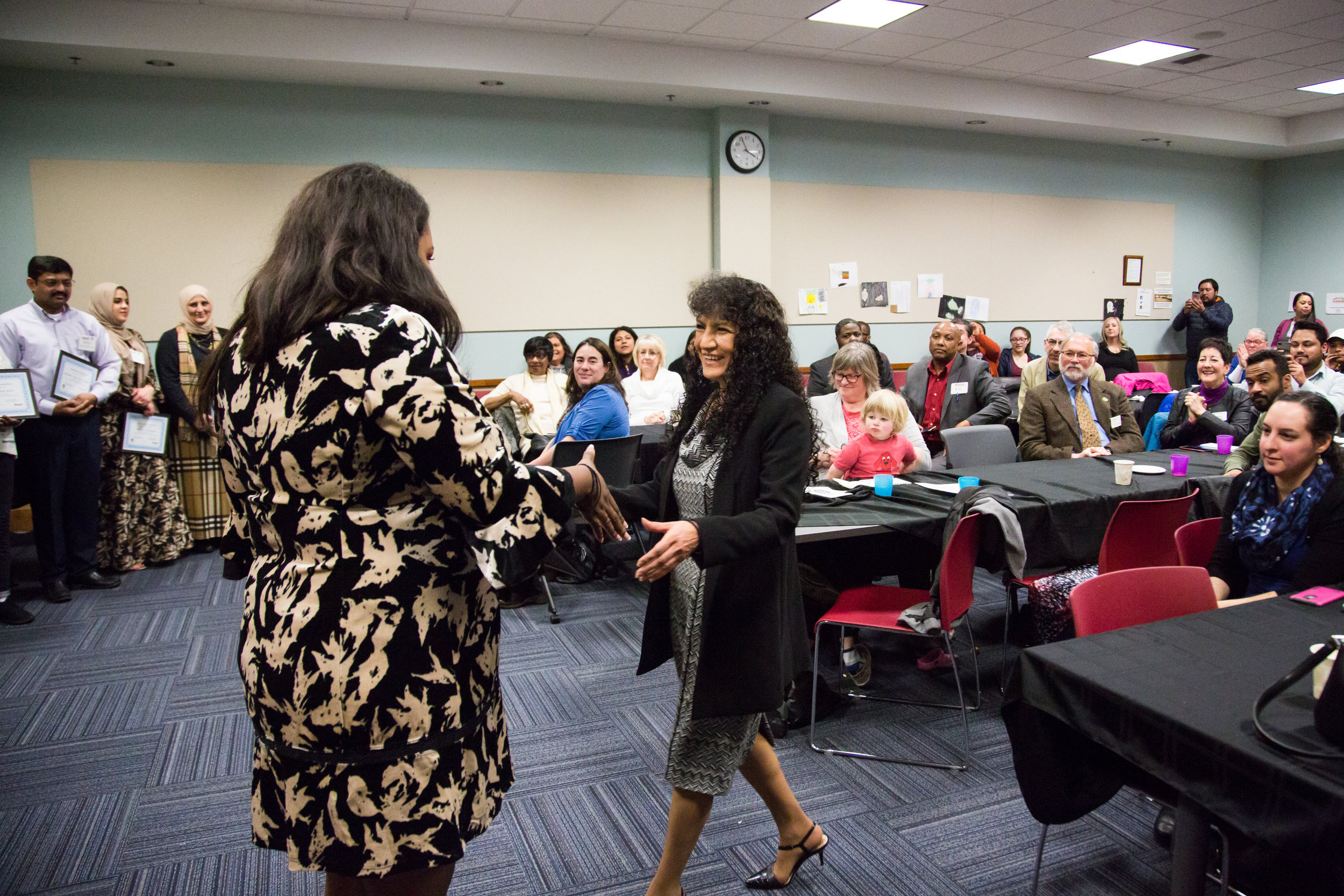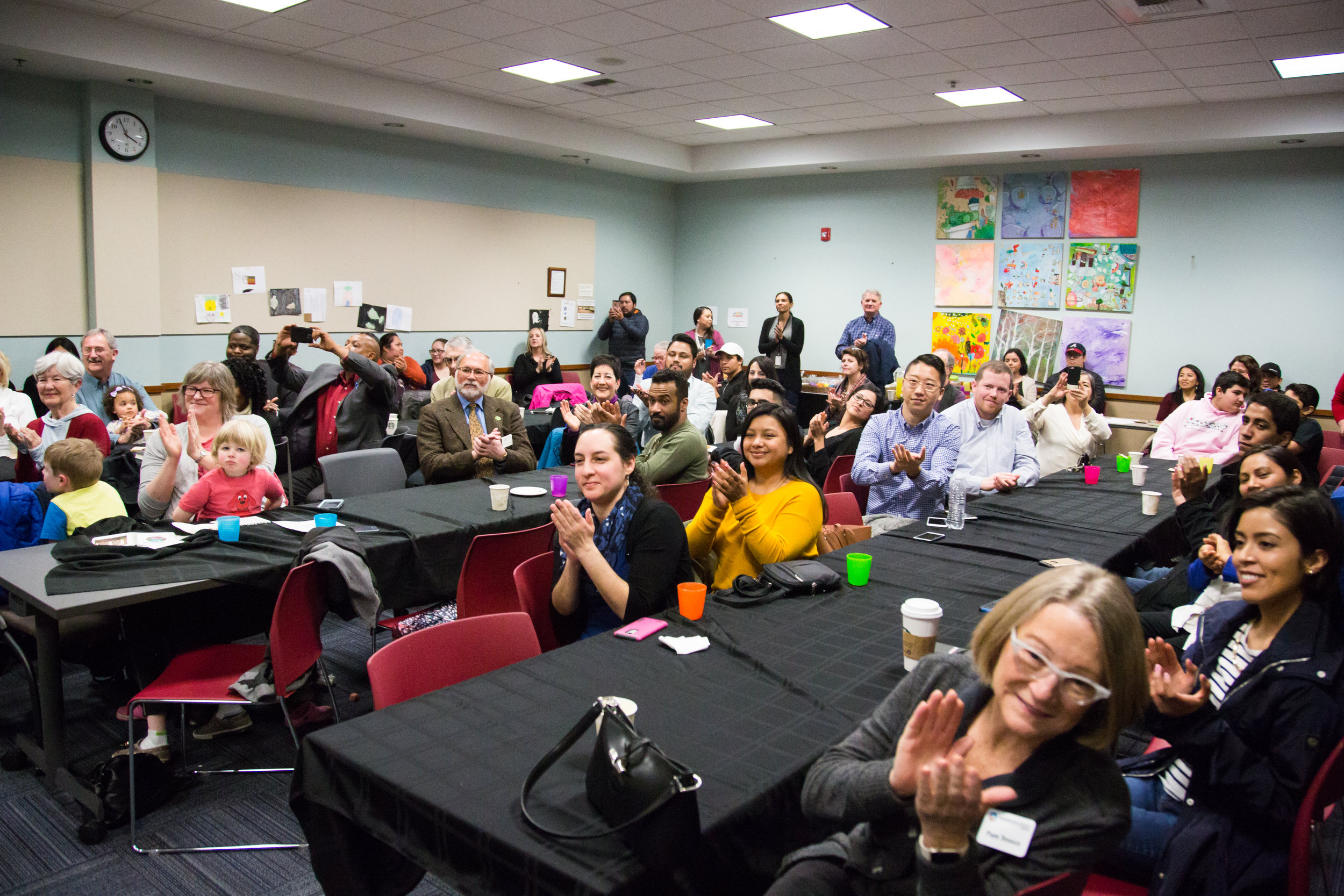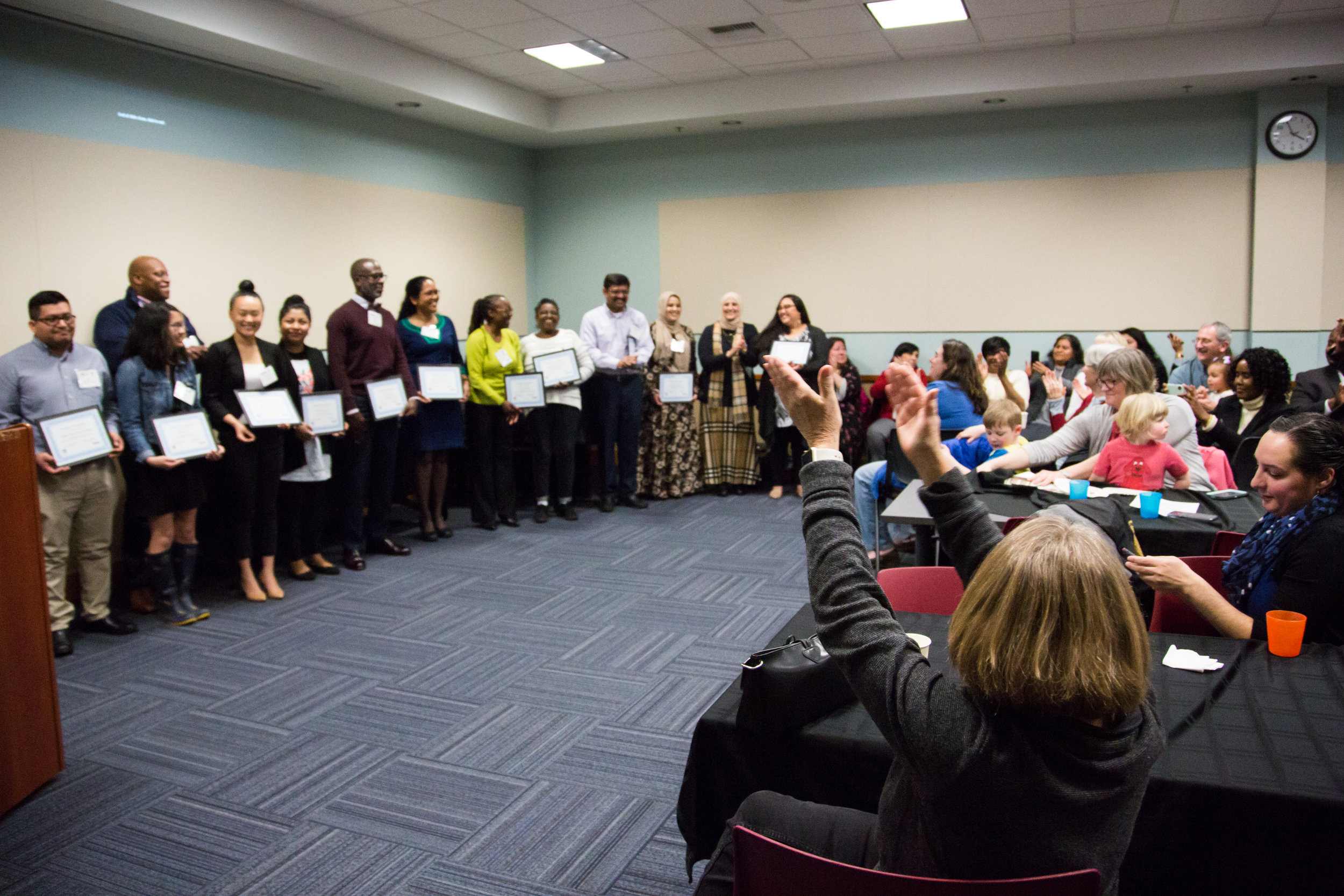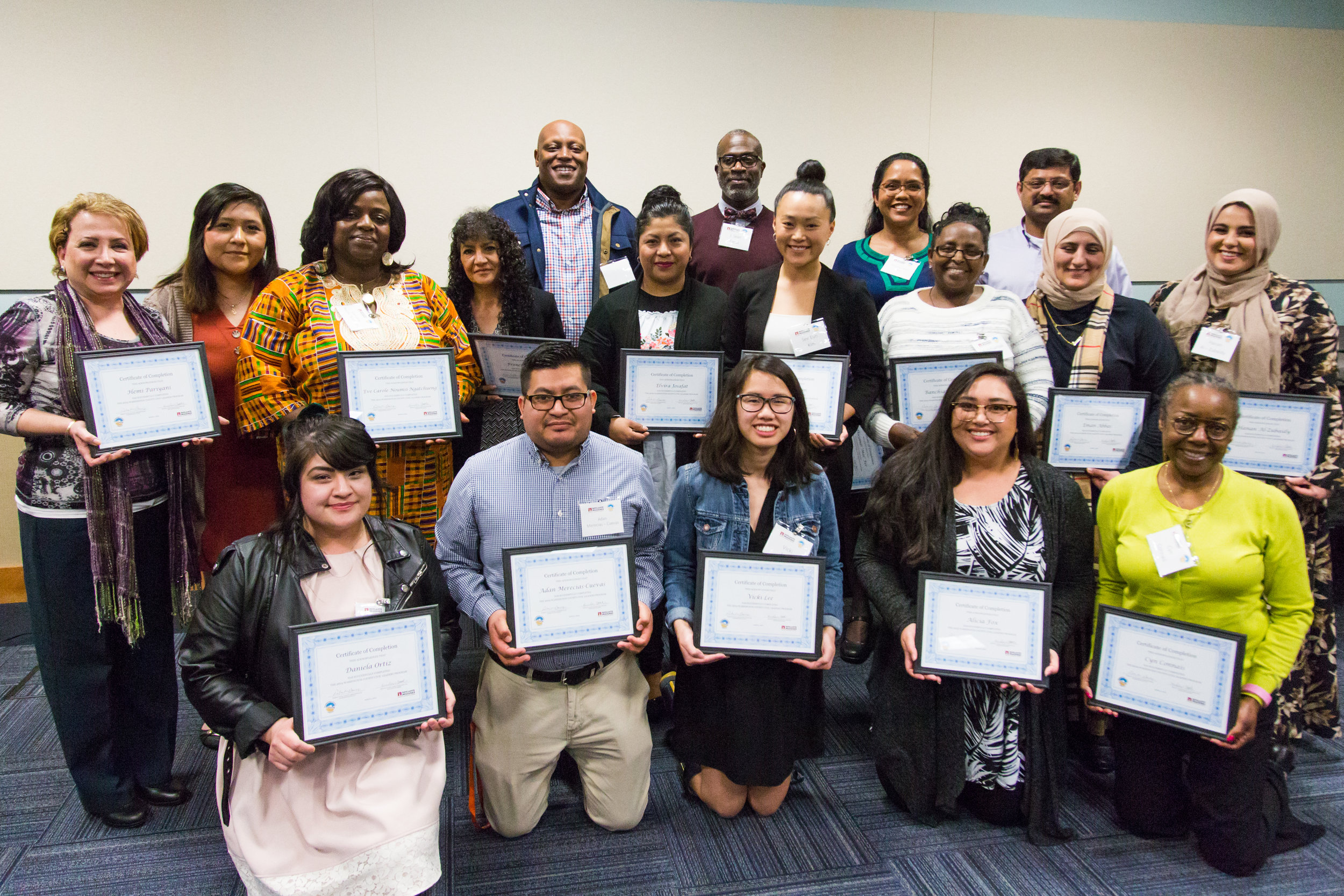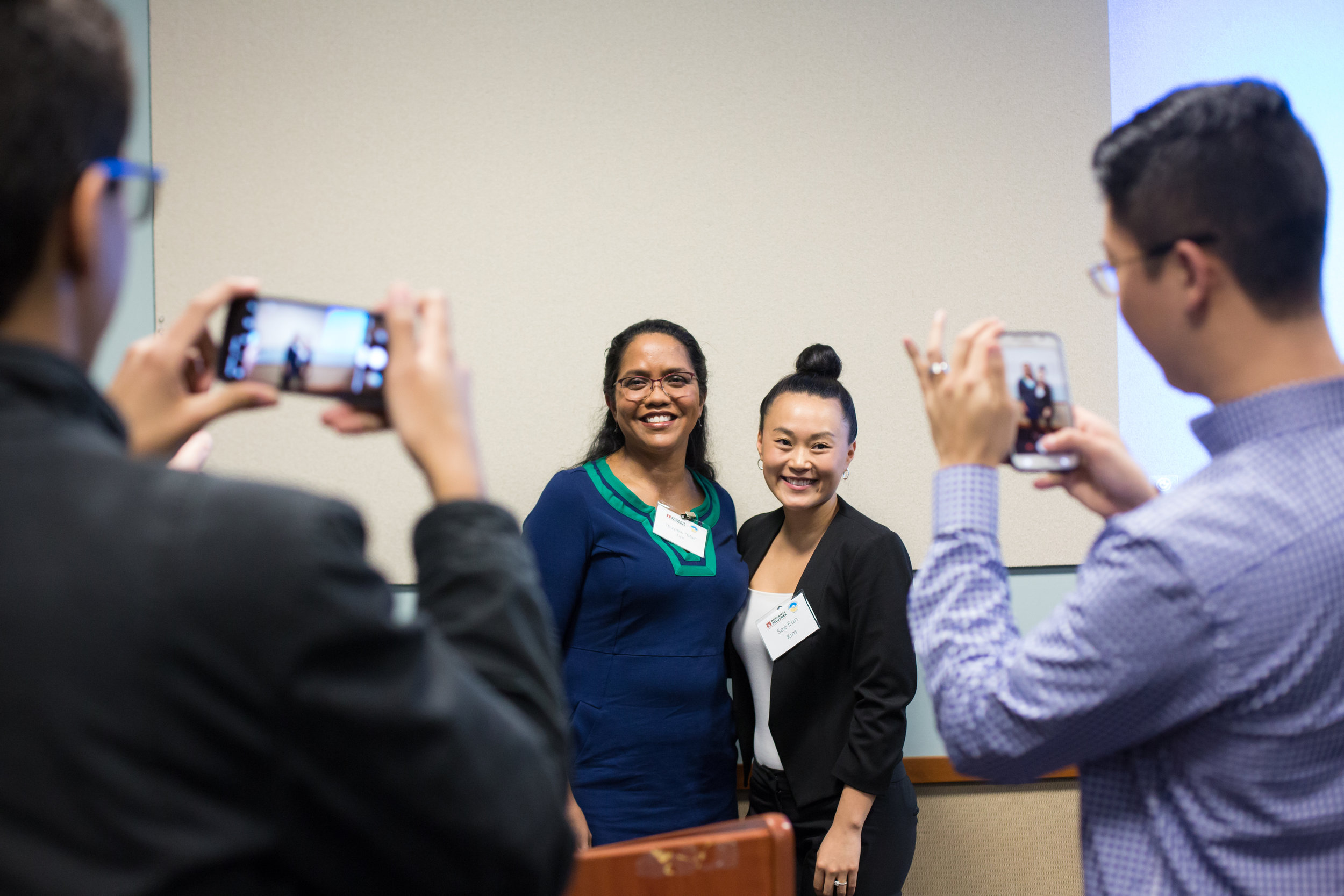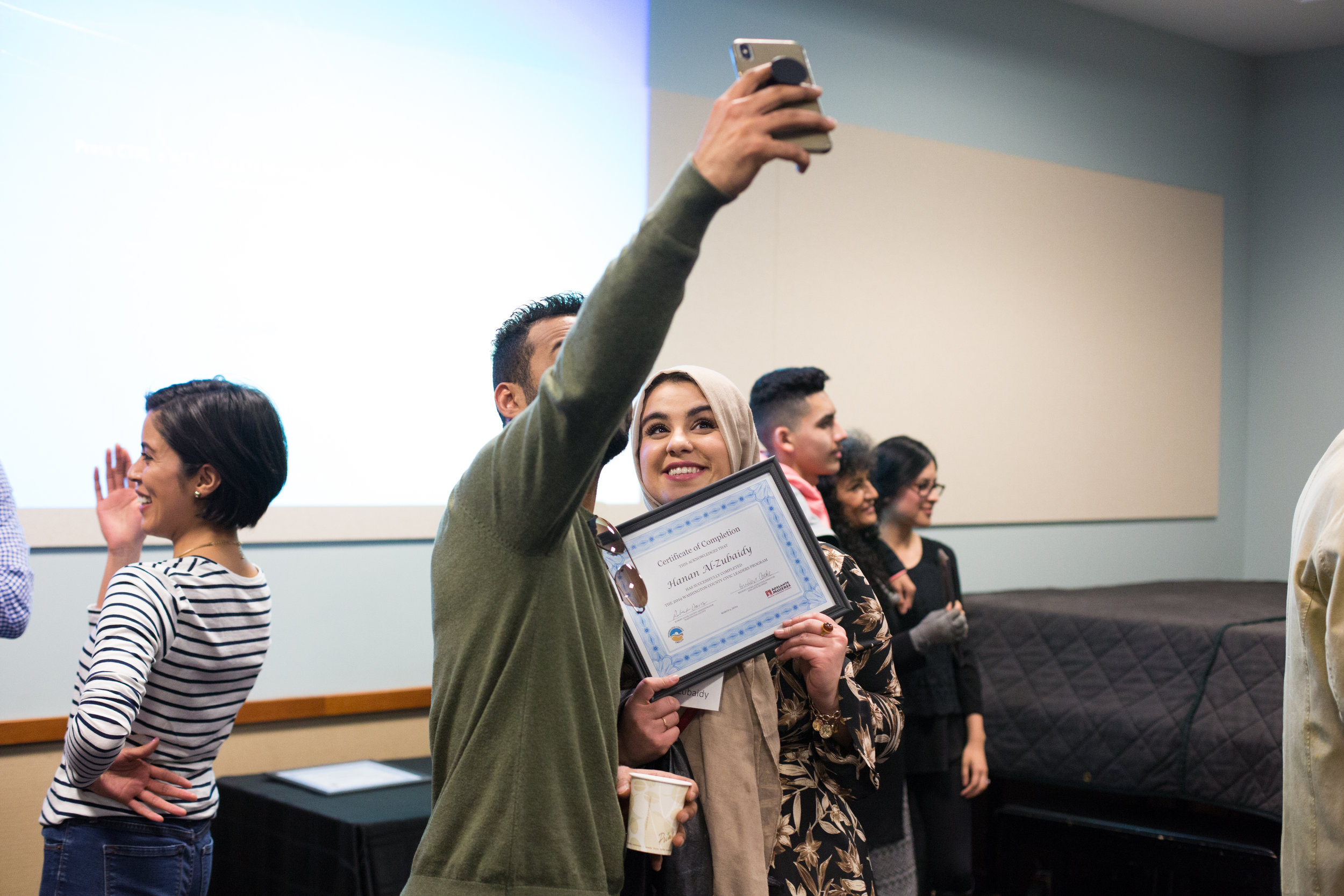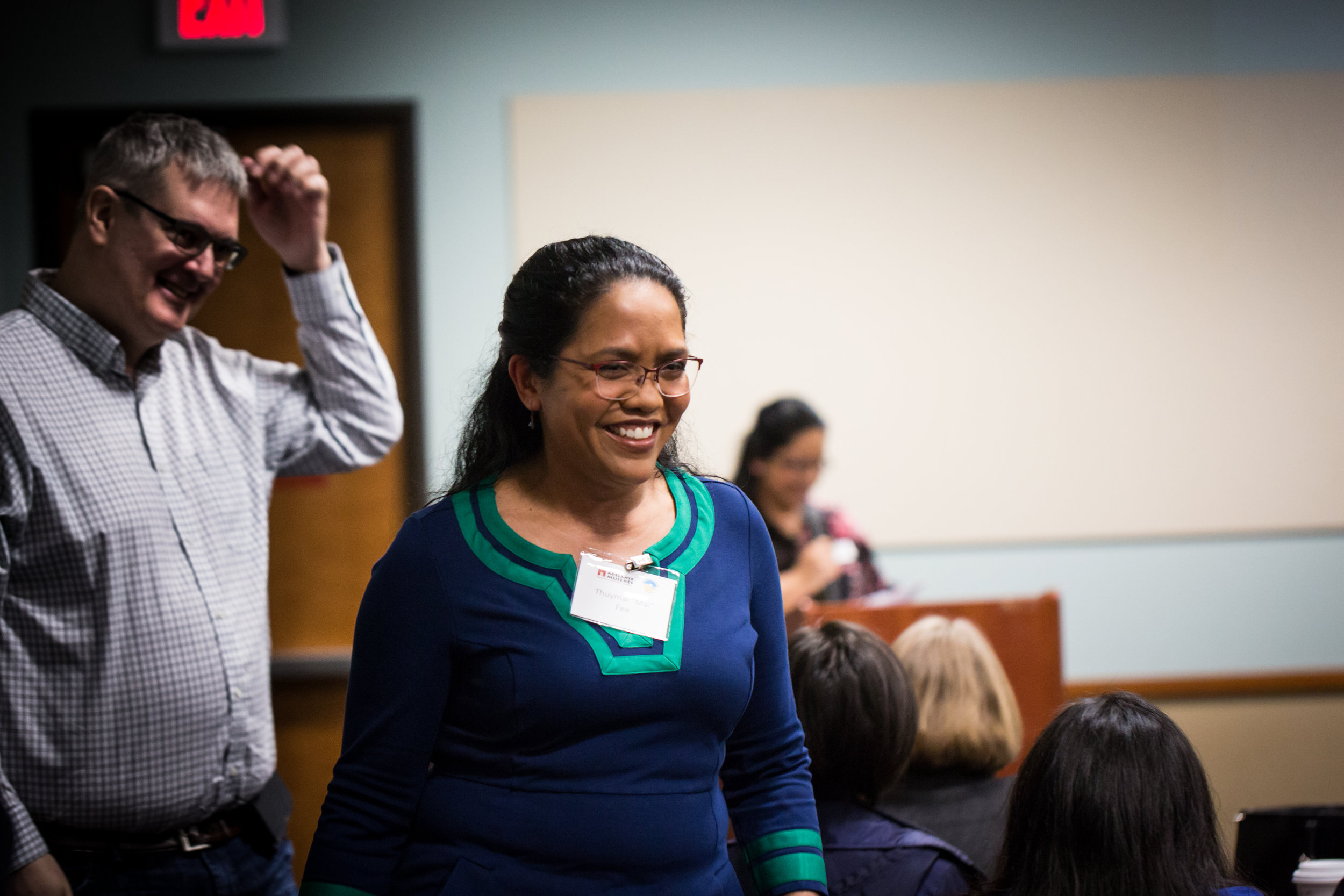Mai’s Story: Becoming a Civic Leader and Finding Your Power
“We do need women in civic life. We do need women to run for office, to be in political office. We need a feminist to be at the table when decisions are being made so that the right decisions will be made.” - Dolores Huerta
Decision-making rooms in this country have, for too long now, been filled with white men. As our country becomes more diverse, so should our leaders. But learning how to become a civic leader isn’t always straightforward, and for communities of color and other underrepresented communities, it can feel impossible.
In 2018, we teamed up with Washington County to begin to fix this problem. We created the Washington County Civic Leaders Project, a leadership training program for underrepresented communities.
One of the most recent participants of the program is Mai, who knew she wanted to become a civic leader, but wasn’t sure where to start.
Mai was born in Vietnam during the Vietnam War. She became a U.S. citizen when she was a child and grew up in Hawaii, which Mai says “is a blessing because Hawaii is a state where diversity is valued, not just tolerated, but valued.” That shaped who Mai would become.
She grew into a woman who wasn’t scared or threatened by people who were different from her. “Sometimes people want to focus on differences, but I think we need to focus on what our commonalities are,” says Mai.
But Mai knew that not everyone had her welcoming outlook, including leaders all across the U.S.
Mai works as a physical therapist in Washington County, Oregon. “I’ve always, as a front-line provider, seen how inequity in healthcare resources works out in real life scenarios,” says Mai. “Something that is close to my heart is trying to figure out how we can correct that.” She saw firsthand how communities of color were disproportionately affected by lack of access to healthcare and healthcare dollars, and she needed to do something about it.
“I’ve always wanted to be in a leadership position, not for the sake of having that title, but to elevate and empower people who have no voice, and also to represent people of color, women, religious minorities, and I’m also an ally for LGBTQ people” says Mai.
Many women like Mai who have the desire to lead often don’t realize their worth — that they do have leadership potential in them waiting to be tapped — and abusive relationships can amplify that doubt.
“When I was a young woman in my early 20’s, I was married with young children, and I was actually in an abusive marriage. Ultimately, after twenty years of marriage I did get out of it, but not without great cost,” says Mai. “As a young woman, I don’t feel like I had very much insight into my own power.”
When Mai heard about the Washington County Civic Leaders Project, it caught her attention and she decided to enroll in the program.
“I had no expectations other than to try and improve myself,” says Mai. “I didn’t know what it would look like in the end.”
Mai joined the 2nd Civic Leaders cohort with eighteen other people, all from different parts of the world including Saudi Arabia, Palestine, South Korea, Iraq, India, Vietnam, Ethiopia, Cameroon, Iran, Mexico, and the United States.
The 2nd Washington County Civic Leaders cohort.
“What I always try to find is a connection to every person. It may not be obvious at first, but I know that we are all citizens of the world, and we’re all humans, and we all want to feel safe and respected and loved,” says Mai. “The group here had that intention, and it wouldn’t have worked without that. It wouldn’t have worked without everyone coming to the table with something to give, and something to share with the rest of Washington County.”
Over the next five weeks, Mai and the other cohort members received hands-on leadership training, equipping them to actively participate in the civic life of the county and engage in county decision making.
At the graduation ceremony, Mai gave an empowering speech, proving that her power to lead and inspire had been inside her all along. It just needed to be awakened.
“I always knew that I was a person who could influence people, but I didn’t realize the extent to how I would be able to do that. I just really didn’t feel like I had a path; a pathway to be more influential in this community,” says Mai. “Through this program, I’ve found ways that I can plug myself into advisory councils and CPO’s (Community Participation Organization).”
Mai’s next step in her journey is to start making change right here in Washington County, and she envisions a bright future for her community.
Mai giving a speech at the Washington County Civic Leaders graduation.
“I think everyone in Washington County, whether you are a citizen or not, should feel welcomed and valued and safe,” says Mai. “That is my hope for Washington County and for the greater state of Oregon and the U.S. — a feeling that we are all equal in integrity and worth, and that we intrinsically understand that when we relate to other people.
I know that’s a tall order, but I think if I can start small and span my sphere of influence a little bit, I think it’s like ripples in a lake – when you throw a pebble in it slowly expands, and then you have a far more wide-reaching impact than you ever realized that you could.”
With more people like Mai in positions of leadership, we know the future will be inclusive and more diverse than ever.
“If you feel like you don’t have a voice or don’t have power now, you can still find it. It is within you. This program is part of that for me. It’s part of my journey.”
Communities of color continue to lack access to leadership training courses, but the Washington County Civic Leaders Project is working to change this. You can help us empower underrepresented community members to lead by joining this fight with us.
